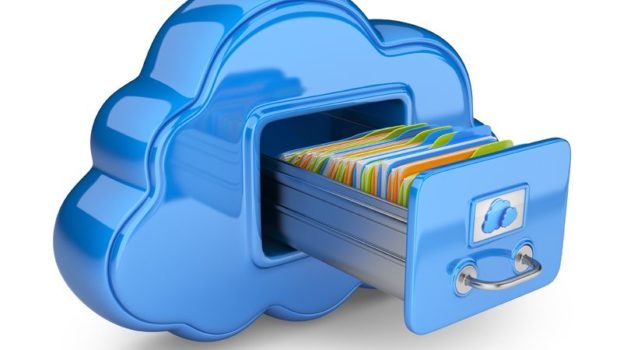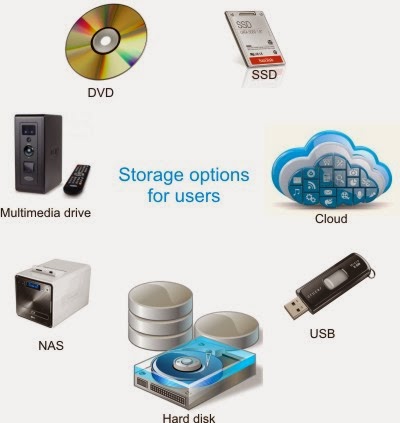Data storage options for small businesses
Every small business develops a need for more data storage space. Now more than ever in the business enterprise, data has become increasingly valuable. The livelihood of your business is based on the information that you have stored whether in the form of emails, presentations, databases, audio files, applications and your spreadsheets and as your small business grows so does the data storage requirements.
For safety and accessibility purposes, a data storage plan should have policies and procedures for storing, accessing and backing up critical data. Thanks to the cost and size shrink in storage technology, small business have more choices for flexible and cost efficient data storage.
To decide the best means of storage, you may want to consider the storage needs regarding both capacity and physical location. As a small business, it is important first to assess the storage needs to be associated with data, applications and where or how you need to access the data. Here are a few options for data storage.
Online storage
The cloud has emerged as a very popular data storage device today. Online data storage is very convenient offering a low-cost storage similar to that of a direct attached storage. Online storage provides a lot of compelling benefits for small and medium sized business. This is because the storage system can be easily configured to support automatic data backup.
With online storage, your data is secured and stored in a remote server. It also does make it easier to share large files with your clients or your employees eliminating the need to email the files. Online storage offers you the benefit of accessing your stored data from any given location provided you have the means to log in to your account using a web browser.
Network attached storage
For almost every small business, a network attached storage is a common strategy. It provides a fast, simple and reliable access to data in any IP working environment. It is very suitable for large amounts or economical storage where multiple users can share over a network. This data storage solution is easy to deploy, manage and consolidate especially in a small business that lacks an IT department. The storage device which can be in the form of a single hard drive is connected to the server that will provide storage and access to all the employees using the network.
Direct-attached storage
These are external devices that connect to a computer offering a relatively inexpensive way of storing data. A good example of a direct-attached storage is an external hard drive. A direct-attached storage gives you the benefit of eliminating network setup complications and a high access rate. Using this type of storage allows you to backup your data either manually or schedule it automatically.
Data center
A data center lets you store and backup your data to a secure offsite location. For a small business, a data center eliminates the hassle of buying and maintaining your servers thus allowing you more operational expenditure. This is because you will not need to invest in IT hosting hardware. A data center will also take responsibility for the physical security of your data as well as providing a resilient power supply.
Flash drives
They are very appealing to mobile business owners due to their size and little power consumption. You can have your flash drive encrypted to protect your data should you lose it or in an instance it’s stolen. According to a conference on data storage NYC; the flash drive storage has been on the rise.
Whichever the solution you choose for your data storage, it is important to select a storage solution that protects your data.
















